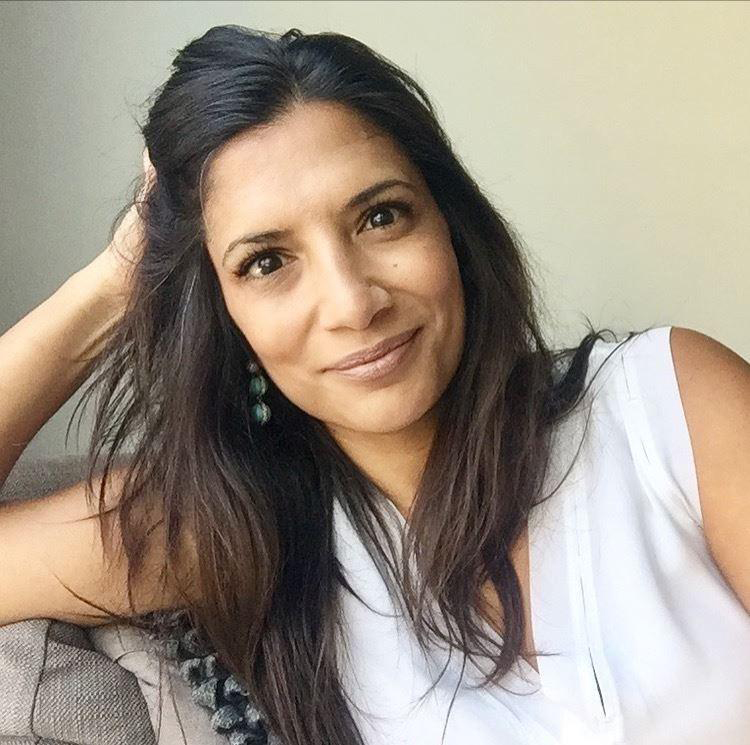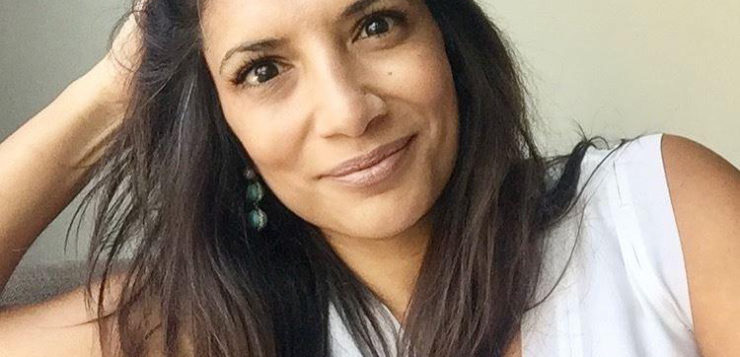I lay on the table, my shirt pulled up and tucked into my bra, my pants pulled down to just below my pubic bone, my heart pitter-pattering in my chest. The probe was sliding in circles over my lubricated pregnant body. Finally, the ultrasound technician stopped in one spot, pushing and pivoting before declaring: “It’s a girl.” Tears of joy streamed down my face. My first and second born were boys, or so I thought at that time.
My second had worn all the hand-me-downs from my firstborn, but even if I hadn’t wanted this baby to wear blue, I had enough butter yellow and mint green onesies so as not to have to buy anything new. I went on a shopping spree anyway, buying pink and lavender clothes, blankets, sheets, and towels. Now, I see how ridiculous it was. I wasn’t announcing to the world that I was having a girl. I was announcing that this third child is being born with a vagina. Gender reveal parties, which are really genitalia reveal parties, were not a thing in 2006, or I certainly would have had one.
Before my youngest was three, she started refusing to wear anything that wasn’t blue. My sisters found it amusing: “You prayed so hard for a girl. Now she’ll only wear blue. Watch, she’ll be a total tomboy.” I wasn’t concerned. She just wanted to wear what her older siblings were wearing, and play with their toys. Although you couldn’t find any pink clothes for boys in the early 2000s, you could find every shade of blue for girls. I bought a royal blue tiered tutu for her third birthday, and adorned her long black hair with a blue bow.
I had forgotten about my youngest child’s blue phase. I didn’t think about it until a few years ago, when my second-born, assigned male at birth based on genitalia, blindsided us by revealing at the age of thirteen that she is in the wrong body, that she is a girl. What? That couldn’t be right. We wracked our brains for memories from her childhood and couldn’t recall a single time she did anything to make us question her gender. She always wore shorts and T-shirts—never tried on her younger sister’s princess costumes. She played with cars, trains, and Legos. We asked her when she had figured it out. Maybe she had known for years and had just held it in, right? No, she said, it had been only in the last six months and after her body had started puberty that she’d had this revelation.
I repeatedly questioned her therapist, a gender specialist, asking: “How can you not have any idea about your true gender until after you start puberty?” He assured me that this presentation was quite common, that for some kids, when the entire world is telling them who they are, there is no way for them to even have the thoughts to question it until much later, even possibly until they are adults. “But I never forced any gender norms on my kids,” I insisted.
“You may not have forced anything on her,” Dr. Stern responded, “but everyone and everything around her told her she is a boy, and her mind may never have allowed her to question it.”
I’ve done a lot of thinking in the last three years. My brain has been on a treadmill set at twelve miles an hour with no walk breaks. I’ve thought about my middle child’s relationship with her older brother. They are only two years apart. As soon as she could move, she was following him. When your idol and your best friend is a boy, and you are told that you are the same, do you allow your mind to question it? For as long as I can remember, she has been on a quest to learn. She incessantly asked me questions as a child that left me exasperated, often saying, “I don’t know, just google it.” Had she been questioning and exploring her whole life, only to suppress the real question that was always insider her?
I told Dr. Stern that I never forced gender on my kids. Yet when my youngest wanted to wear blue, I didn’t dress her in hand-me-down blue shorts and shirts. I put her in a blue tutu. And with my middle child, I told her she is a boy. I raised her as one, imposing gender on her in ways I wasn’t even aware of. She didn’t question until her prepubescent body started changing, betraying her, and she knew something was not right.
Maybe I struggled to see this when she first came out, denying it for months because it didn’t compute with what I thought I know about gender. But it is quite clear to me now. The treadmill is finally slowing down. I step off and stop trying to make sense of the past. I acknowledge my mistakes and realize it is time to move forward. I invest my energy into listening to the daughter in front of me now.
 Paria Hassouri, MD, is the author of Found in Transition: A Mother’s Evolution During Her Child’s Gender Change. A pediatrician, mother of three, and transgender rights activist, she lives in Los Angeles. Visit her online at http://www.PariaHassouri.com.
Paria Hassouri, MD, is the author of Found in Transition: A Mother’s Evolution During Her Child’s Gender Change. A pediatrician, mother of three, and transgender rights activist, she lives in Los Angeles. Visit her online at http://www.PariaHassouri.com.






